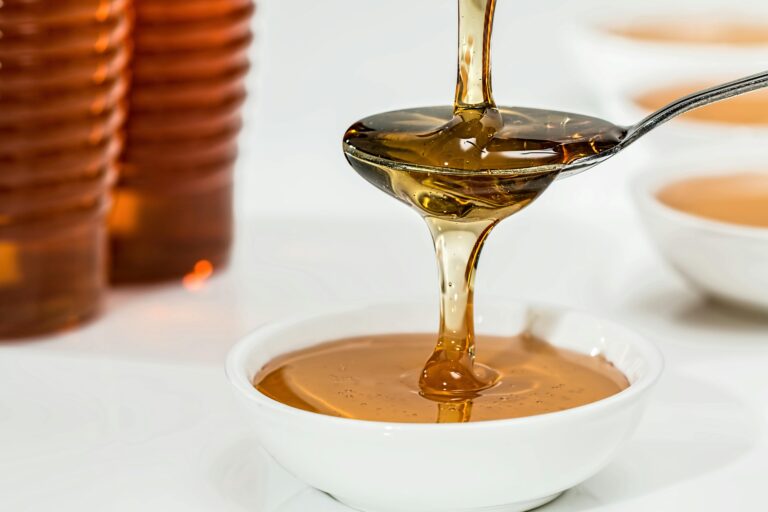Health Benefits of Water

Health Benefits of Water
Water is the most essential substance for life. Every cell, tissue, and organ in the human body needs water to function properly. From regulating body temperature to aiding digestion, water plays a vital role in maintaining good health. Despite its simplicity, drinking enough clean water daily can help prevent diseases, improve mental and physical performance, and enhance overall well-being. Below are the key health benefits of water explained in detail.
- Maintains Body Hydration
Water makes up about 60% of the human body, and staying hydrated is crucial for survival. It helps in maintaining fluid balance, which is essential for digestion, absorption, circulation, creation of saliva, transportation of nutrients, and maintenance of body temperature. Dehydration can lead to fatigue, headaches, and even severe complications if not addressed. - Improves Physical Performance
During physical activities or workouts, the body loses water through sweat. Staying hydrated helps maintain strength, endurance, and power. Dehydration, even in small amounts, can affect performance by causing fatigue, reduced motivation, and increased perception of effort. Drinking water before, during, and after exercise helps regulate temperature and keeps joints lubricated. - Enhances Brain Function
Proper hydration is critical for cognitive performance. Even mild dehydration can impair mood, memory, and brain function. Studies show that insufficient water intake can cause difficulty concentrating, irritability, anxiety, and mental fatigue. Drinking enough water improves focus, alertness, and short-term memory. - Aids Digestion and Prevents Constipation
Water helps break down food in the stomach and supports smooth bowel movements. It softens stool and allows it to pass more easily, preventing constipation. Drinking warm water in the morning is a common natural remedy for promoting healthy digestion. It also helps reduce bloating and supports the digestive organs. - Helps in Detoxification
One of the most important functions of water is to help flush out toxins and waste from the body. It supports kidney function by helping to remove waste through urine. Drinking enough water reduces the risk of kidney stones and urinary tract infections. It also aids the liver in processing toxins more efficiently. - Supports Weight Loss
Water is a natural appetite suppressant. Drinking water before meals can reduce hunger, leading to lower calorie intake. It also helps boost metabolism temporarily. Sometimes, the body may confuse thirst with hunger, causing unnecessary snacking. Choosing water instead of sugary drinks also reduces overall calorie consumption, supporting healthy weight loss. - Promotes Healthy Skin
Hydrated skin looks more radiant, elastic, and youthful. Water helps maintain skin moisture and delivers essential nutrients to skin cells. It also improves blood flow, which gives the skin a healthy glow. Dehydration can cause dry, flaky skin and make wrinkles more noticeable. Drinking enough water regularly helps keep skin clear and healthy. - Regulates Body Temperature
Water has a high heat capacity, meaning it helps the body maintain a stable internal temperature. When you’re hot, the body produces sweat to cool itself, and water is essential in this process. Without proper hydration, the body may overheat, leading to heat exhaustion or heat stroke in extreme conditions. - Protects Joints and Organs
Water acts as a lubricant for the joints, reducing friction and helping them move smoothly. It also cushions the brain, spinal cord, and other internal organs, protecting them from shock and injury. People with joint pain or arthritis often feel relief when they increase their water intake. - Prevents and Relieves Headaches
Dehydration is a common cause of headaches and migraines. Drinking water can help prevent and sometimes relieve headaches, especially if they are caused by lack of fluids. For some people, staying hydrated is a simple and effective way to avoid regular tension headaches. - Improves Nutrient Absorption
Water helps the body absorb vitamins, minerals, and nutrients from food. It dissolves these nutrients and carries them to cells throughout the body. Without enough water, nutrient absorption can be limited, leading to deficiencies even with a healthy diet. - Enhances Mood and Energy
Mild dehydration can negatively affect mood, cause fatigue, and reduce motivation. Drinking enough water improves mood, boosts energy levels, and can reduce feelings of tiredness. Staying hydrated is a natural and effective way to feel more alert and emotionally balanced throughout the day.
How Much Water Should You Drink?
The amount of water needed varies depending on age, activity level, climate, and overall health. However, a general guideline is:
Men: About 3.7 liters (125 oz) per day
Women: About 2.7 liters (91 oz) per day
This includes fluids from water, other beverages, and food.
Listening to your body and drinking when you’re thirsty is a good habit. Dark-colored urine is often a sign that you need more water.
Conclusion
Water is essential for nearly every function in the body. It supports digestion, improves skin health, boosts energy, and prevents a wide range of health issues. By simply drinking enough water daily, you can significantly enhance your physical and mental well-being. It is one of the easiest, cheapest, and most powerful tools for maintaining good health.






